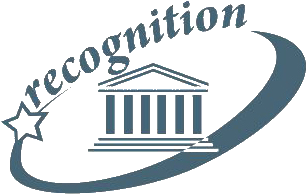International Conference “Practice of recognition bridging the continents”
|
The International Conference held by the National Information Centre of Russia (Glavexpertcentre) has become the stable and decent discussion platform for the specialists in the sphere of national and international education. This kind of event is essential in case to achieve and maintain open education and to improve the procedures of recognition of foreign education and legalization of foreign academic degree. |
14-15 October Glavexpertcenter in collaboration with the building of Peoples’ Friendship University of Russia (RUDN) held IV International Conference on foreign education recognition. This year the organizers brought such a headline for the event as “Practice of recognition bridging the continents”. It was considered to be a call to all participants for more active and fruitful discussion on development of local and international legal methods of carrying out an evaluation and recognizing foreign academic degrees. Above all, the delegates had a possibility to share experience of their national practice of recognition.
This year more than 100 specialists and experts in the field of recognition from the leading higher education institutions and information centres of Russia, Bosnia and Herzegovina, Czech Republic, China, Finland, Hungary, Italy, Kazakhstan, Latvia, the Netherlands, Norway, Romania, Spain and Sweden were gathered at RUDN - co-organizer of the Conference.
The head of Glavexpertcentre Vera Skorobogatova opened the Conference. During the welcome address she emphasized the importance of this event for the whole international educational community as it would be conducive to create common recognition methods and to exchange experience. Then the floor was given to the vice-director of the Federal Service for Supervision in Education and Science Nataliya Naumova, to the deputy-minister of Education and Science of Russia Veniamin Kaganov, to the vice-president of ENIC Bureau Luca Lantero. The welcoming letter was received from the chairman of the Committee on education and science of State Duma Vyacheslav Nikonov.
The Conference was divided into 4 modules to let the participants deepen into the details of each topic.
The first module was devoted to the perspectives of the “automatic” recognition, particularly there were brought the questions of the exact conditions, tools and models which were necessary to be used or created to reach the successful and unimpeded recognition of academic degrees. For instance, Mr. Lantero stressed out in his presentation that the “automatic” recognition system would be brought into life only if a group of experts and official national bodies would cooperate and would use official documents, legal instruments and databases.
Moreover, the sore subject related to the recognition of the Russian degree “Specialist” in Europe was raised. Still nowadays here is no common opinion how to determine this degree in terms of the European system of education. For example, our Italian colleagues confirmed the correlation between the Russian “specialist” and their “master”, despite some other European representatives didn't accept this practice.
The second module included the issue of the information resources and databases development in international educational institutes. It is considered that development of information systems and digitalization of documents circulation will make a massive impact on the establishment of open and free education. Victoriano Giralt, Groningen Declaration Network President, added during his speech that the transition of recognition agencies from traditional paperwork to digital one would positively affect all system of the documents circulation. It would simplify the recognition procedures, verification, storage, transportation, retrieval and creation of documents. Digitalization would also preserve the environment from the extraction of timber.
The third and the forth modules were dwelled on the practical examples of the educational programs development in Europe and Asia. The representatives of Russia, Bosnia and Herzegovina, Hungary, Kazakhstan, Latvia, the Netherlands, Romania and Sweden took part in those sessions. All speakers presented the distinctive features of their National Information Centres which mostly depended on educational system traditions, the level of regional development, the historical past, political, economic and social factors.
By the end of the Conference here was conducted the discussion of suggestions to carry recommendations. The main point concerned about the introduction of the definition “automatic recognition” that, according to the participants, should have been extended as “simplified”.
The guests cited that the Conference was held in a fitting manner, and was called “the most substantial” due to the professional level of the delegates and the themes offered for discussions.
Evidently, specialists and experts in the sphere of education still have what to think over, what to improve and whom to take the experience from. That's why the discussion platform of the International Conference (Glavexpertcentre) is open for further presentations, ventilations and even debates.
International Conference Agenda
Presentation materials of the International conference
Recommendations to the International conference «Practice of recognition bridging continents»
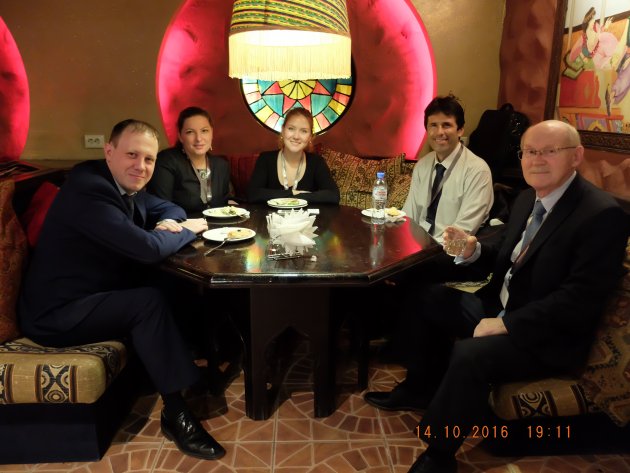 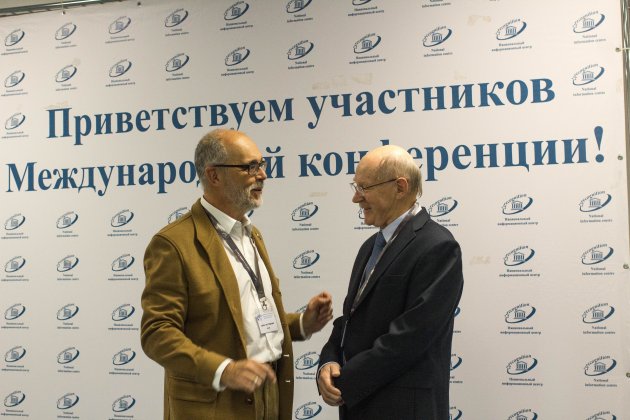 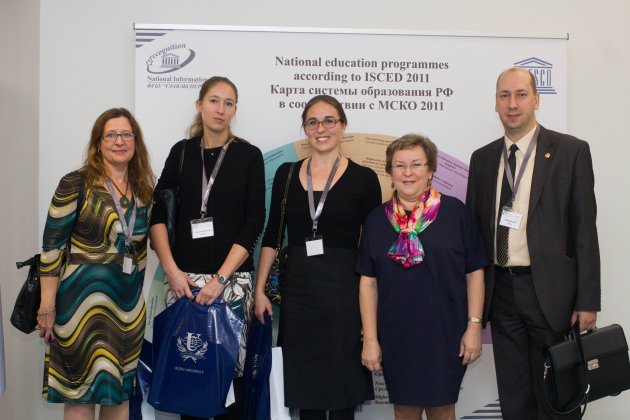 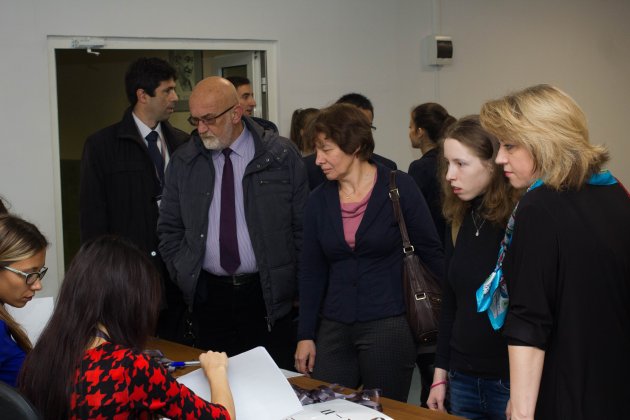 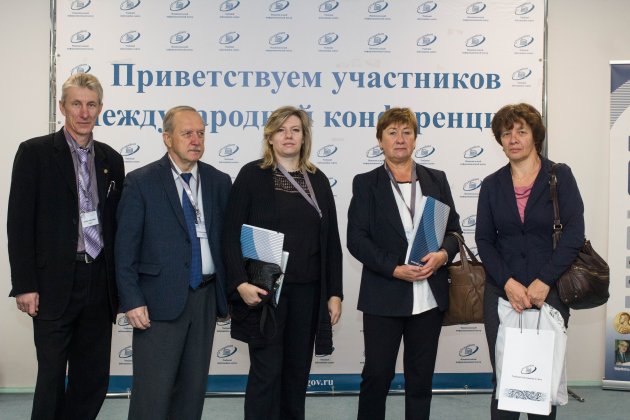  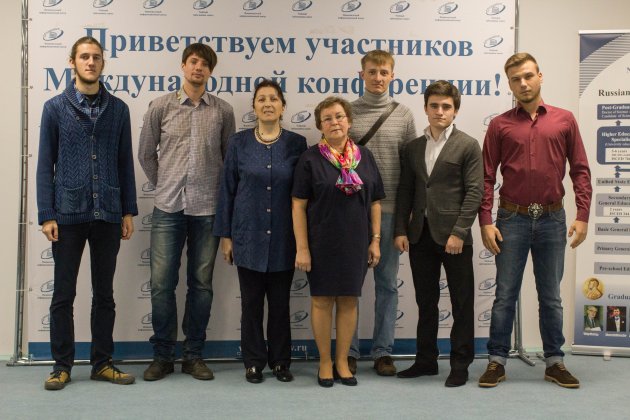 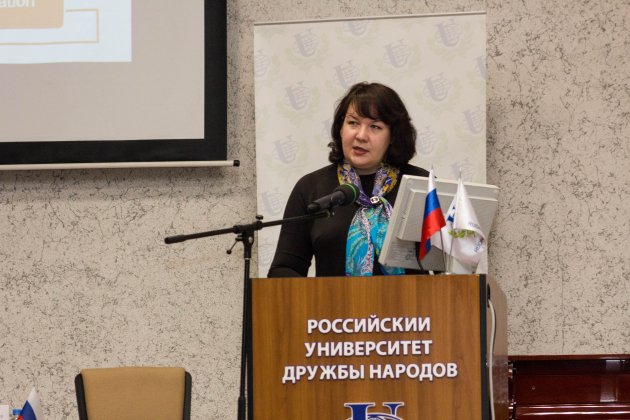 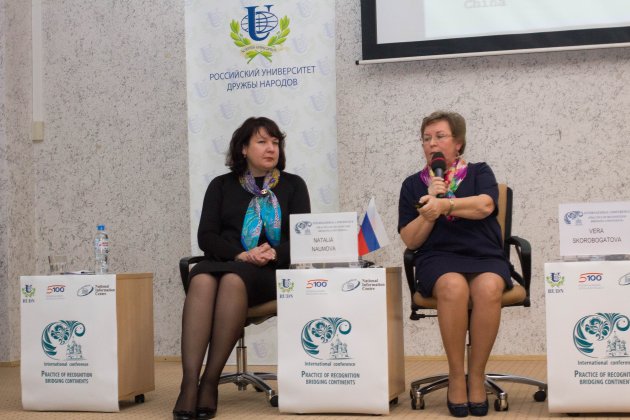 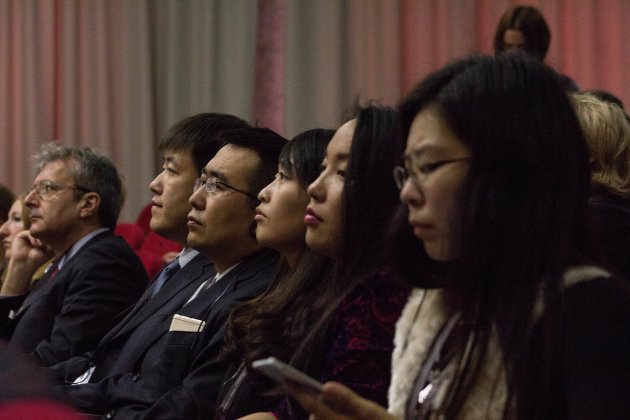 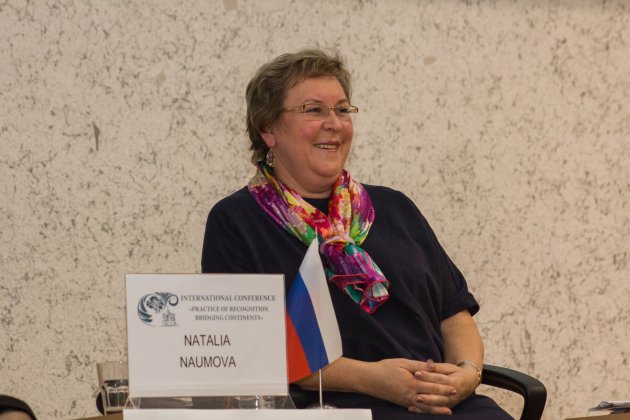  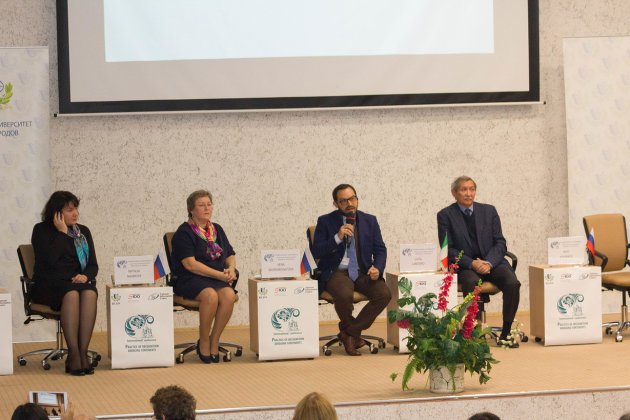 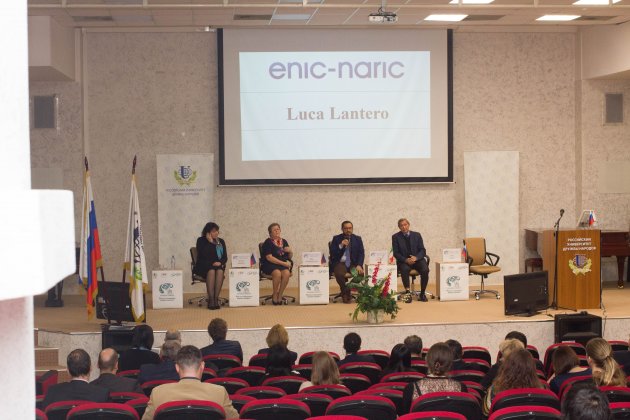 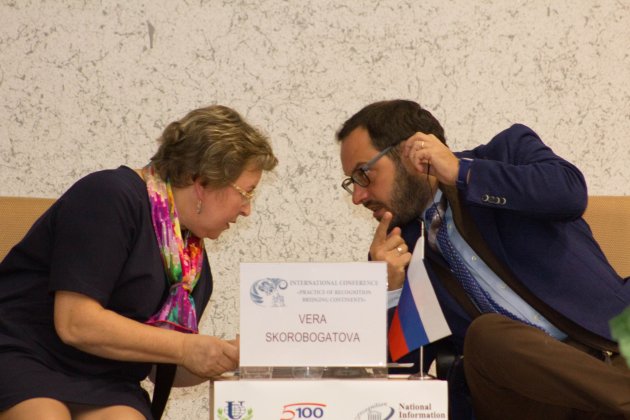 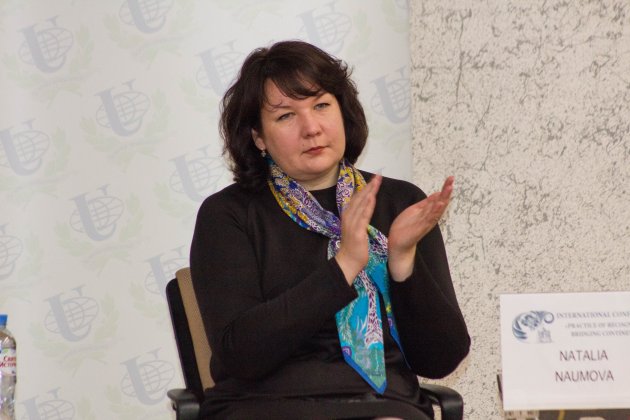  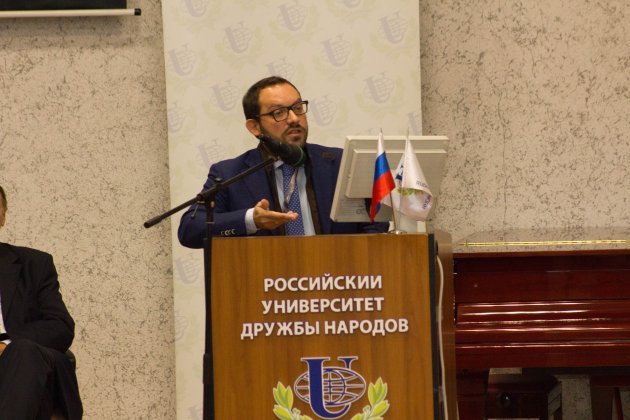 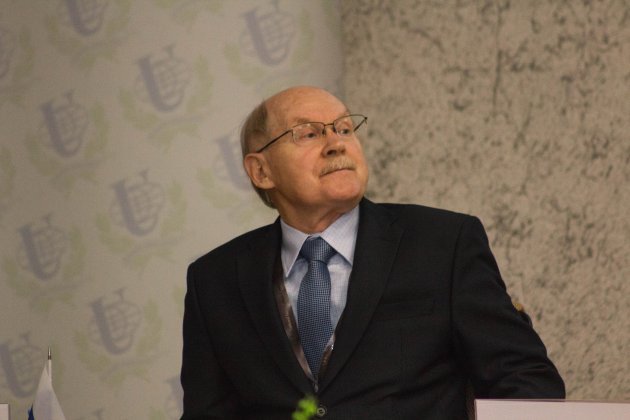   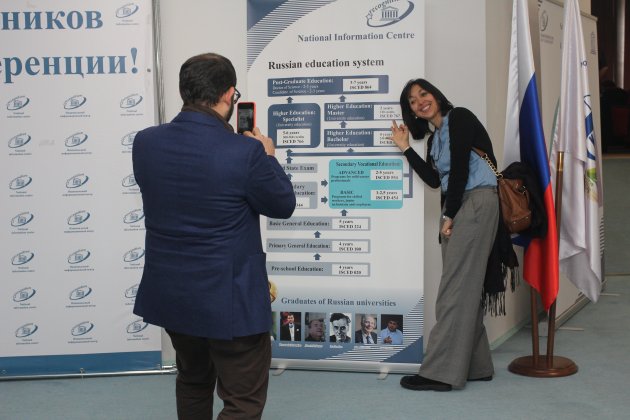 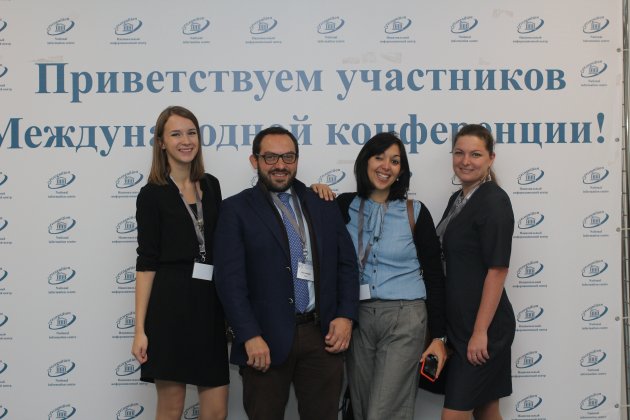  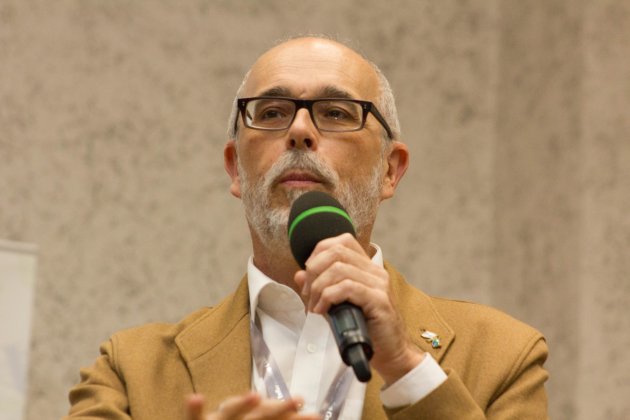  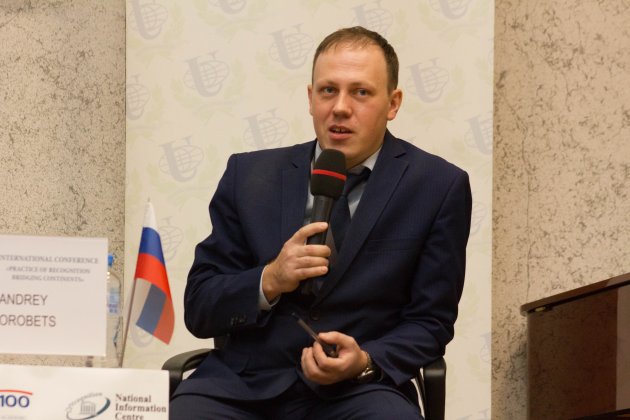 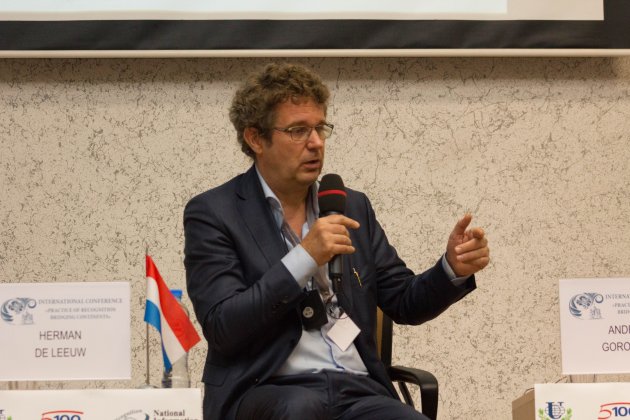 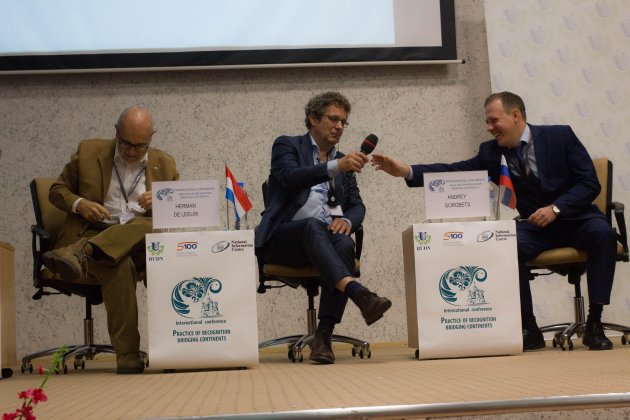 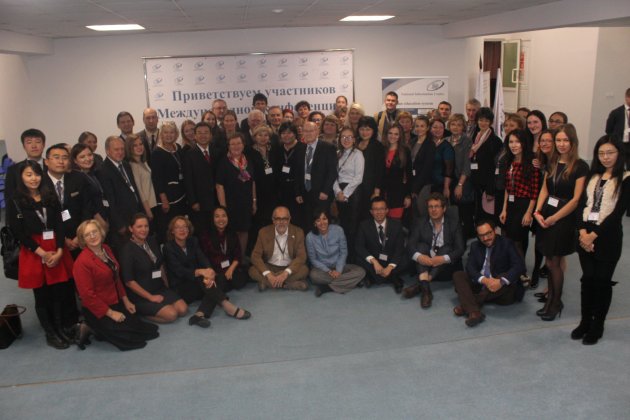 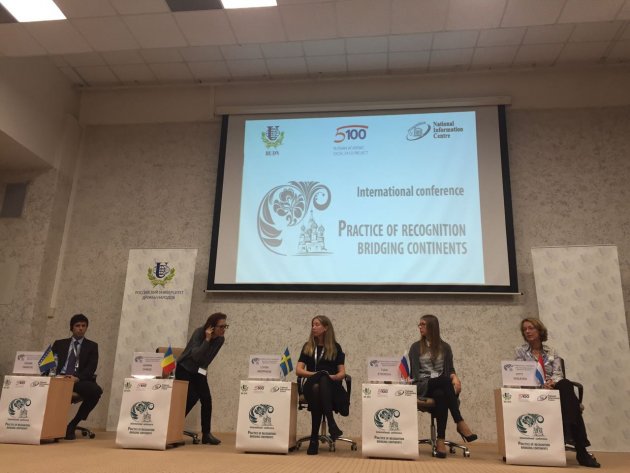 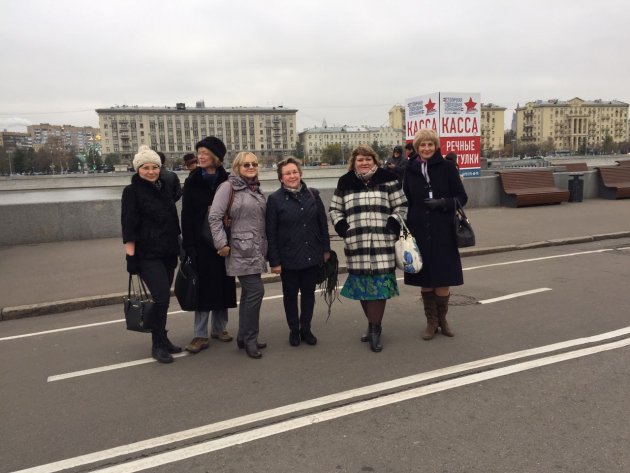 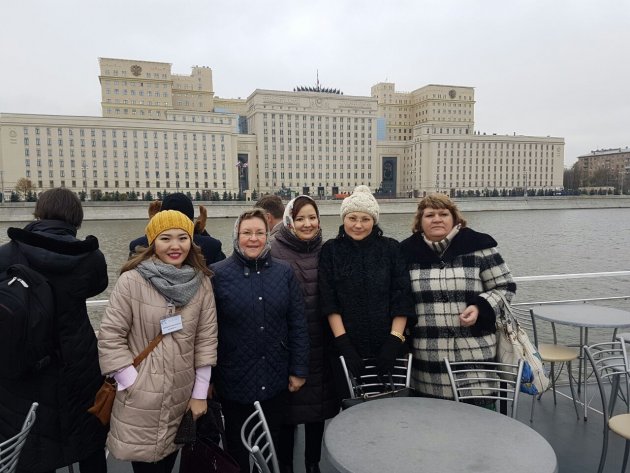 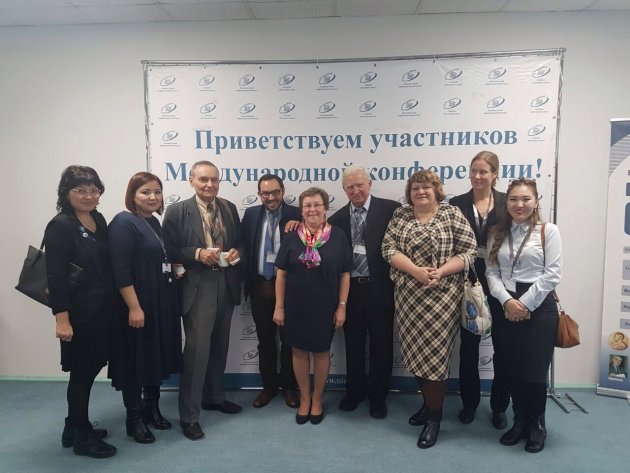 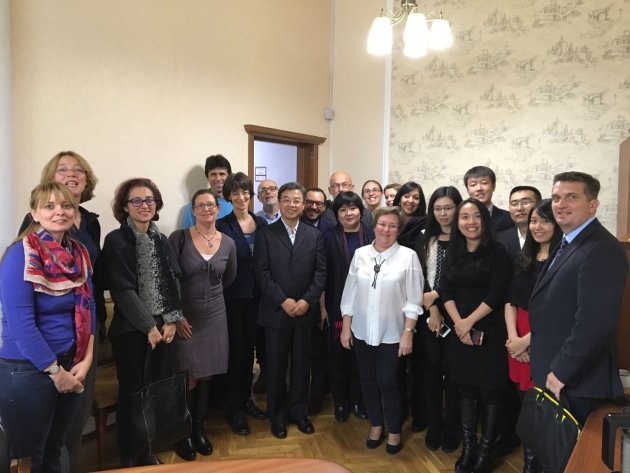 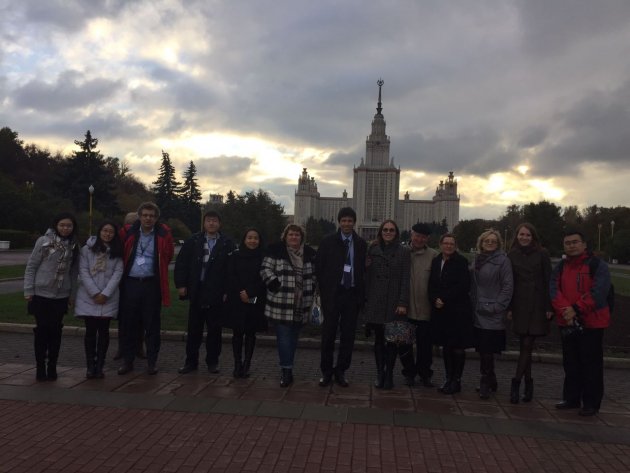 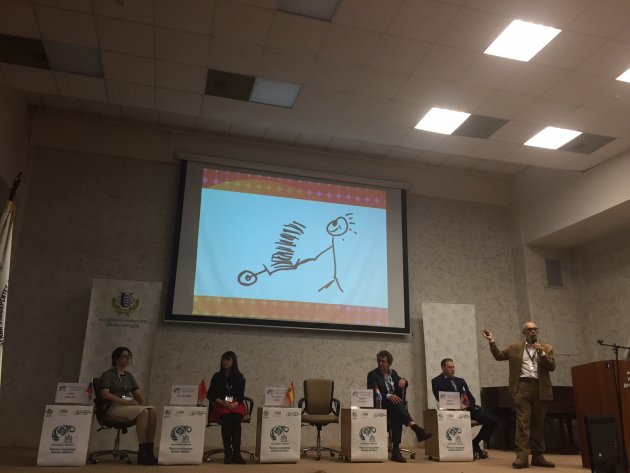 |
